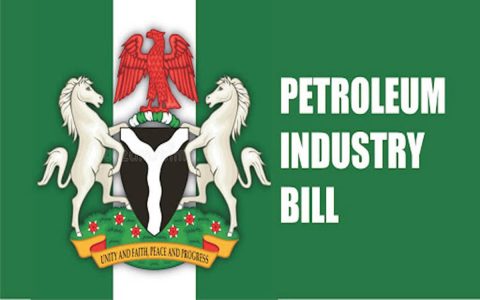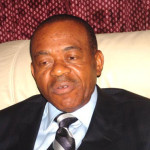PIB: CSOs Seek Fairer Deal For Host Communities
African News, Featured, Latest Headlines, News, News Across Nigeria, News From The State Wednesday, July 21st, 2021
(AFRICAN EXAMINER) – Two frontline Civil Society Organisations (CSOs), Connected Development (CODE) and OXFAM Nigeria, have jointly harped on the need to address the alleged marginalisation of host communities in the reviewed Petroleum Industry Bill (PIB) recently passed by the Senate.
The two CSOs with focus on advancing the ideals of fiscal transparency, urged the Senate to rethink the grey areas highlighted in the bill and promote a greater sense of ownership that is acceptable and fair to the host communities.
Since 2018, CODE in partnership with OXFAM, have driven a campaign in the Niger-Delta region of Nigeria that raises awareness on improving accountability and transparency in the dealings between host communities, oil and gas companies, and the government, particularly to address challenges relating to the negative impact of the business operations of the extractive sector in these host communities, which usually has a causal relationship with conflict and fragility.
They noted that the reviewed PIB did not sufficiently address the grey areas affecting host communities, adding that it has stripped the oil regions of the management, governance and administration of issues that affect them directly.
The bill also suggests that the constitution of the host communities development trust shall contain provisions mandating the management committee to set up an advisory committee (host community advisory committee), which shall contain at least one member of each host community.
“CODE believes that this is grossly inadequate and advises that the membership of the host community advisory committee should have at least 50 percent representation from the host communities”, the CSO said in a statement on Monday.
The statement added that the lack of adequate representation of the host communities in the advisory committee is an unfair approach that limits the ability of the Trust to fully develop needs assessment and development plans that can only be designed by the people in the community themselves.
CODE’s Lead on Natural Resource Governance and the Extractives, Dr Onyekachi Onuoha observed that restricting host communities’ sense of ownership as pointed out in the gaps in the bill, would fuel agitation in the region as it shows a blatant disregard for the needs and priorities of the people that are the worst hit by the impact of oil exploration.
“The Senate is dashing the hopes of people directly affected by oil pollution, terminated livelihoods and underdevelopment caused by environmental degradation and other disasters occasioned by oil spills in the Niger-delta region”, he added.
To worsen matters, according to him, the draft PIB proposed 2.5 percent of the annual operating expenditure of the Settlor (operator of an oil licence) to fund development in the area.
“Although the House of Representatives recommended 5 percent for settlors operating in the upstream and 2 percent for the settlors in the midstream and downstream sectors, lawmaker Sani Kaita from Katsina moved an amendment for it to be reduced to 3 percent, which the senate has adopted.
“In addition to the call by the Deputy President of the Senate, Ovie Omo-Agege, for the funds from gas flaring penalties to be channelled towards developing affected communities”, he stressed.
Related Posts
Short URL: https://www.africanexaminer.com/?p=65631




















